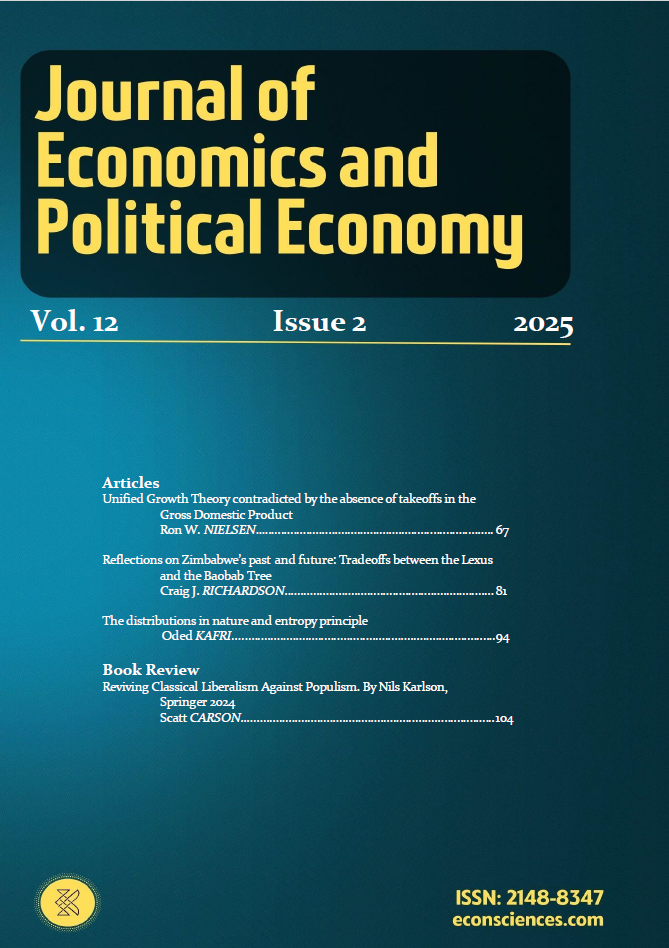Abstract
Authored by Nils Karlson, this monograph, part of the Palgrave Studies in Classical Liberalism series, addresses the contemporary global rise of populism by advocating for a revival and reinterpretation of Classical Liberalism. The book operates from the premise that the core tenets of the liberal tradition—specifically epistemic independence from centralized power and respect for dispersed knowledge—have been neglected by overly rationalistic and constructivist approaches, leaving a vacuum that populism exploits. Karlson draws heavily on intellectual sources like the Scottish Enlightenment and Austrian economics, emphasizing the foundational importance of spontaneous order and evolved social norms over conscious political design or Socialist command. The analysis reframes classical liberal thought as the most robust intellectual defense against the populist challenge, which often relies on simplistic, centralized, and emotional appeals that undermine the dispersed nature of a modern civil society. The volume proposes a strategy of "Statecraft" and policy focused on leveraging these non-rationalistic, situated spontaneous orders to rebuild trust and fortify the institutions necessary to counteract populist movements.
Keywords. Classical Liberalism; Populism; Spontaneous Order; Epistemic Independence / Distributed Knowledge; Social Norms / Statecraft.
JEL. E53; P16; D72; Z13; P51.

This work is licensed under a Creative Commons Attribution-NonCommercial 4.0 International License.
